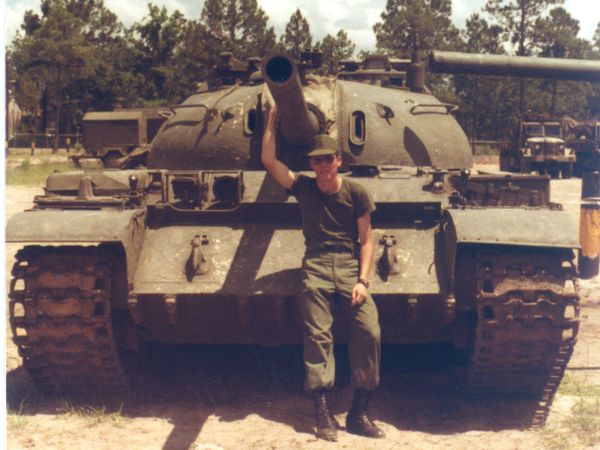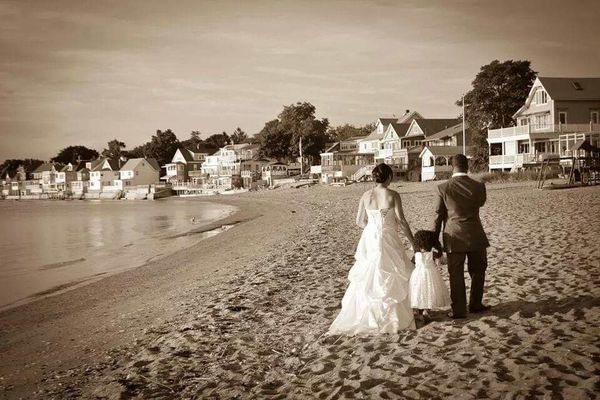Without the bravery of millions of men and women throughout US history, many of us would not be sitting at our laptops reading or even creating free expressions of ourselves.
We might not be able to walk across campus without fear for our lives. Without the sacrifice of those who served, the great country we call home would not even be a reality. Whether we know them personally or not, the American people owe every ounce of freedom that we enjoy to the veterans who fought to preserve it.
For the soldiers who made it home again, the physical war was over, but the mental war was just beginning. And what makes it worse is that they cannot identify the enemy. There is no battle plan, no intended mission, and no officer leading them through the fray; they are alone, and cannot find the enemy to face in the shadows.
Veterans come home with so many different battle scars; some as obvious as a missing limb, and others so invisible that no one realizes that they are there until it is too late. Mental illness and PTSD (post-traumatic stress disorder) plague returning soldiers and make it almost impossible for them to assimilate back into their own families, let alone society.
There is a toxic mentality that is all too popular in the military that tries to say that PTSD is for the weak and feeble-minded. Sometimes serving for years in foreign lands, some soldiers claim that any form of weakness gets you killed or captured on the battlefield. Coming home with this same mentality creates a toxic environment in which veterans refuse to seek help and the nightmares that they endured overseas haunt them until they cannot take it anymore.
There were soldiers that did not make it home at all, and some that were carried off planes in a box draped in the flag of their beloved country. Many of those who died did so to give their friends the chance to see the home and the families that they themselves would never lay eyes on again. They did not die just for their friends to come home to sleep on benches, having been kicked out of their houses or unable to hold a job. They did not die for their friends to come home only to put a needle to their arm, a bottle to their lips, or a pistol to their head.
Every day, 22 veterans and active-duty soldiers commit suicide. That means approximately every 65 minutes, a veteran has taken his or her life somewhere in the United States, the country that forgot them after they gave up so much for it. This statistic is inexcusable for our nation, and in other areas, the bar is just as low.
The vets with physical wounds alongside their mental ones who seek help must yet again face another battle; this time being with the healthcare system and all of its heavy expenses.
They usually get bags of over-prescribed drugs thrown at them as well as opioids rather than the physical and mental therapy that they need and deserve. The drugs turn the veterans into addicts, and as the pain continues to intensify on both the physical and mental fronts, they take more and more to numb the pain. This way, many reach overdose, and even death.
Mental illness, PTSD, lack of adequate treatment, and physical impairment all make it practically impossible for a soldier to get and keep a job, which could start a downward spiral into homelessness.
Despite the efforts that government organizations such as the Veterans Affairs have set in motion, the programs implemented have had minimal effect upon the crisis at hand. With a broken system and so many odds stacked against them, so many veterans have lost faith in the country that they fought so hard for, the same country that left them to their own nightmares in the alleyways and dark corners of cities. This is a humanitarian crisis that defines who we are as a nation.
I understand that many people may call a different crisis to mind that they think should take priority over getting these heroes off the streets. However, without all the sacrifices that the millions who served have made to protect America and everything it stands for, most other issues in this country would not even be plausible, let alone resolvable. This country is a beacon of hope to the world, and so many risks their own lives as well as their children's to come here. But without those who protected our liberty, there would be no liberty to flock to.
I want to imagine a United States that successfully integrates veterans back into society, that has the programs and the willpower to get them back on their feet and out of the shadows of the horrors they faced overseas.
But more than that, I want to imagine an American people that turn around to help pay the debt that those who fought for our freedom never asked us to repay. Because after all, freedom isn't free.



















